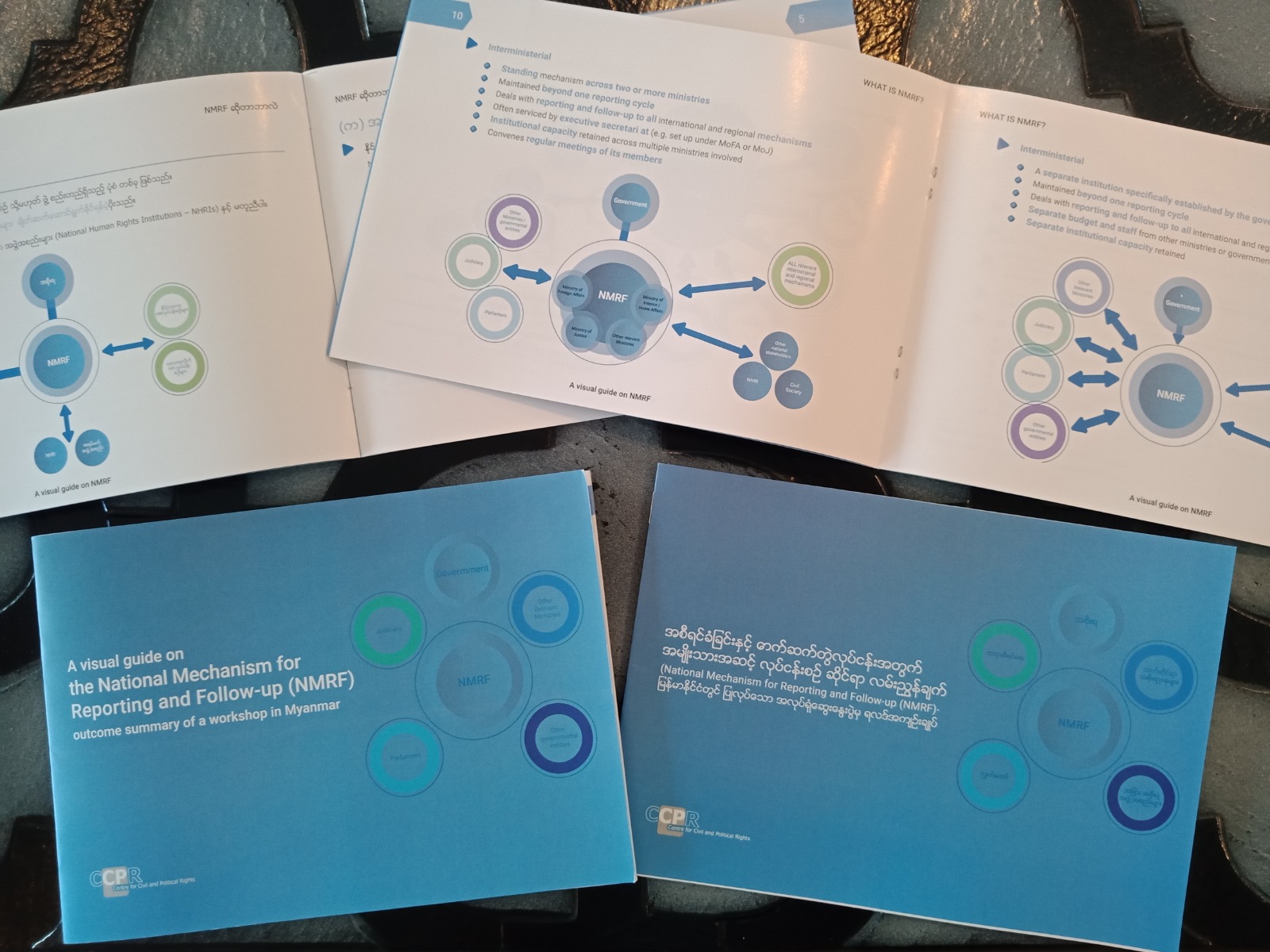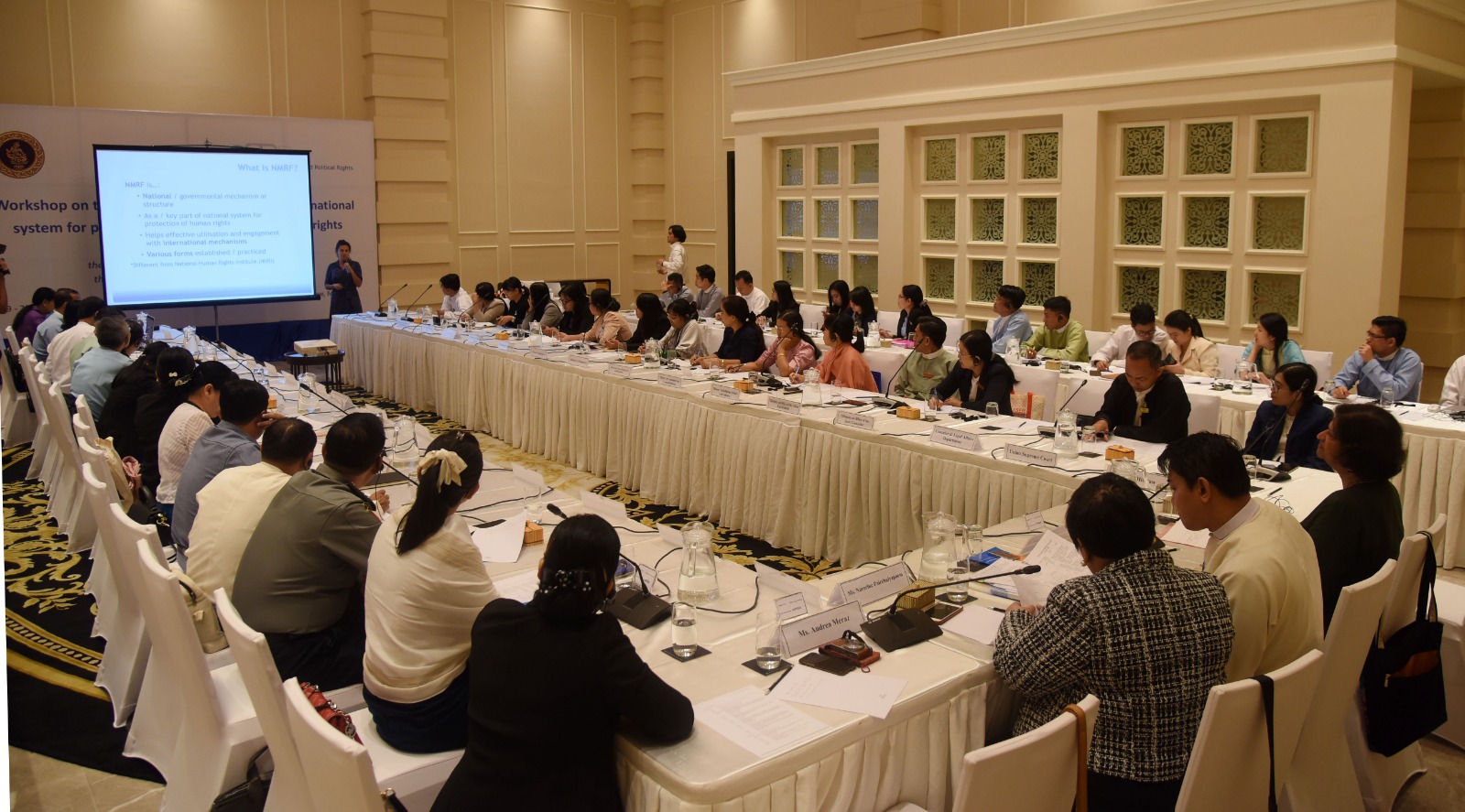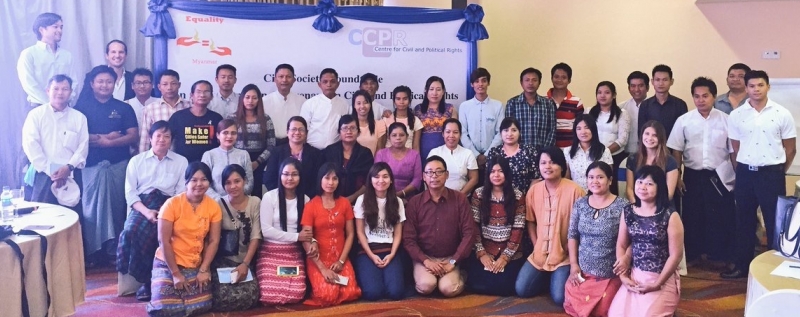Myanmar at HRC 55: “It is time for the international community to pay attention to Myanmar and take strong, coordinated action.”
Published on 08 Apr 2024, 03:11 PM
UN experts called on the international community to direct their attention on Myanmar and adopt a stronger approach to put an end to the junta’s atrocities.
 Credits: Depositphotos
Credits: Depositphotos
The 55th session of the Human Rights Council (HRC 55) took place in Geneva, Switzerland, from 26 February to 5 April 2024. During this session, there were two Interactive Dialogues (ID) on Myanmar: the ID with the High Commissioner (ID HC) on 1 March and the ID with the Special Rapporteur on Myanmar (ID SR) on 19 March 2024. The SR Myanmar also submitted his report (A/HRC/55/65) to the HRC. At the end of the session, HRC adopted a resolution on Myanmar (A/HRC/RES/55/20) tabled by the EU without a vote.
ID HC
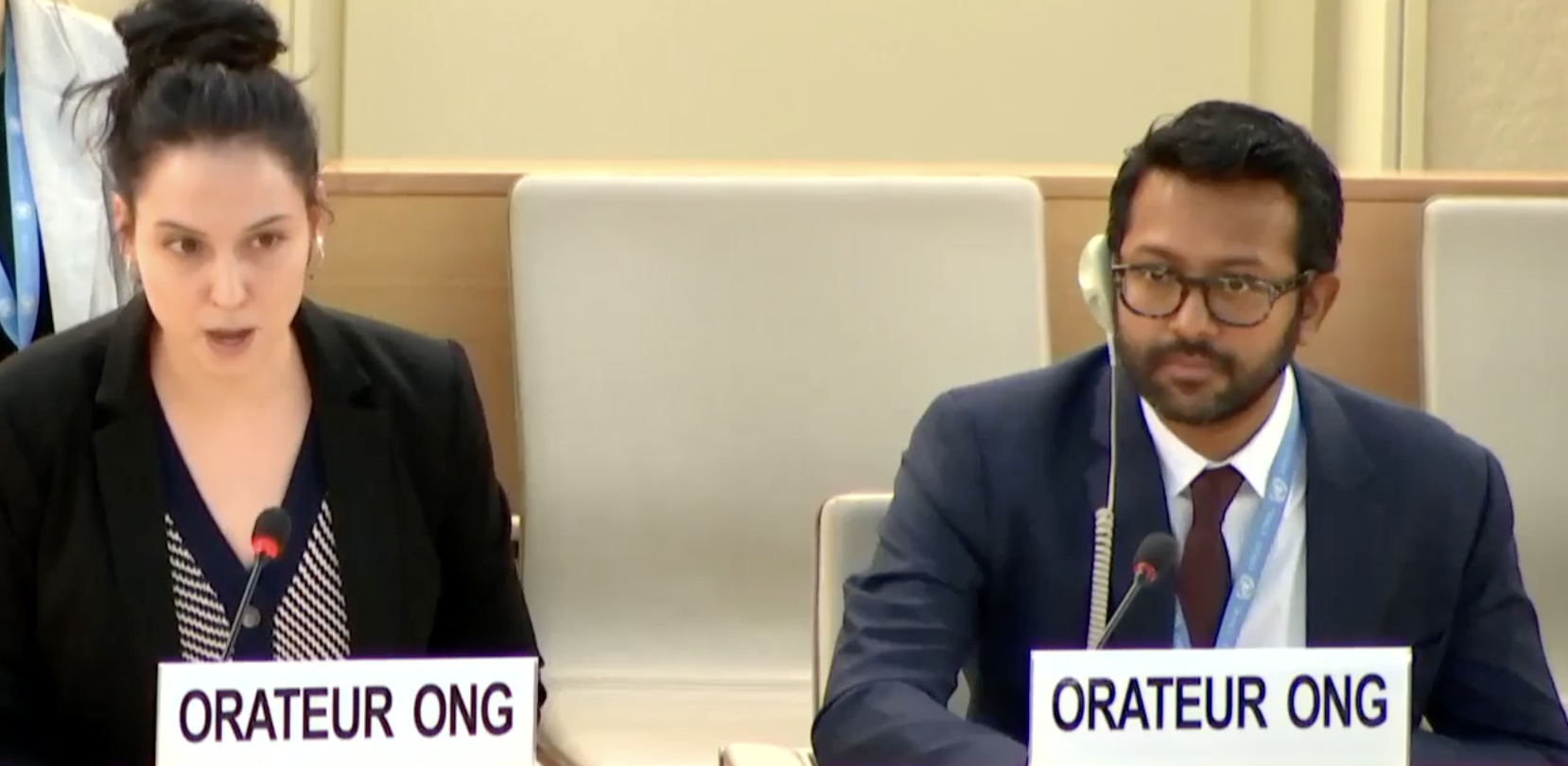
On 1 March, the UN High Commissioner for Human Rights, Volker Türk, presented his oral update on Myanmar. Describing the situation as a “never-ending nightmare away from the spotlights of global politics,” he highlighted the escalation of conflict and violence nationwide, including over 4,603 civilian deaths since the coup, increasing inter-ethnic tensions, forced recruitment of civilians and the particular plight of Rohingya youth being offered money, food, and citizenship to serve in the military, and other human rights abused committed by the military and other actors.
Reiterating his call for the immediate cessation of violence and release of all political prisoners, among others, the High Commissioner urged the international community to refocus its energy on preventing atrocities through meaningful, effective, targeted action to cut the junta’s access to resources and engagement with all relevant actors for the restoration of democracy and civilian rule.
ID SR
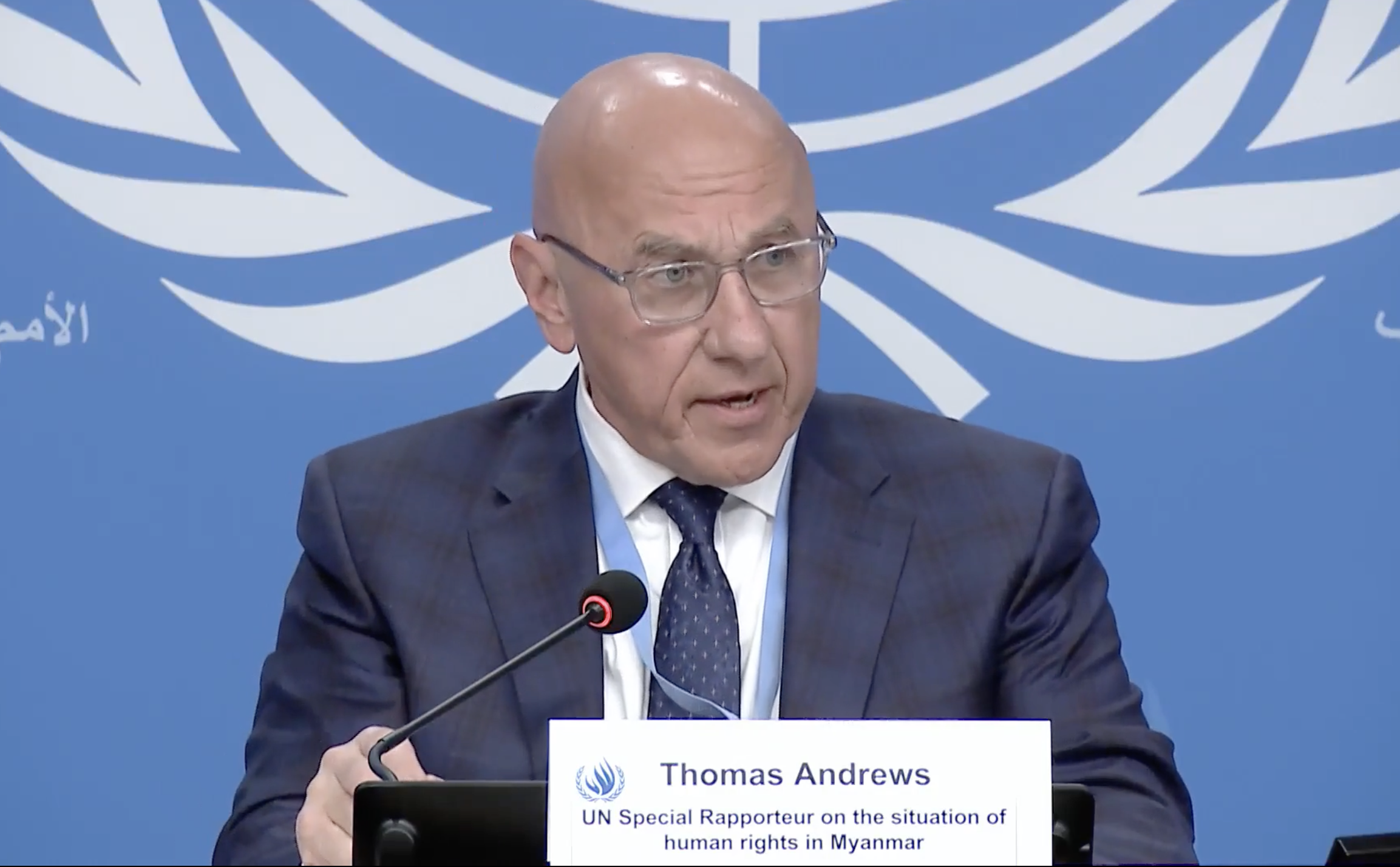
Presenting his report to the HRC on 19 March, the Special Rapporteur on Myanmar, Thomas Andrews, urged the HRC and UN to redirect their attention to Myanmar crisis and emphasized the need for urgent action by the UN Security Council. He highlighted deteriorating human rights and humanitarian situation in Myanmar, including increased airstrikes and use of landmines, forced displacement as well as the forced military recruitment and the particularly dire situation of the Rohingyas.
Mr. Andrews called for a change in approach and proposed key actions, including urgently denying weapons and funds to the junta; establishing a coordinated, targeted strategy of sanctions; adopting a quick and efficient humanitarian aid strategy; referring the Myanmar situation to the International Criminal Court (ICC) for investigation. “It is time for the international community to pay attention to Myanmar and take the strong, coordinated action that will enable those people to cease this moment. They deserve nothing less,” he said.
At side event on Myanmar, speakers call for more coordinated sanctions and for a global stop of all jet fuel imports.
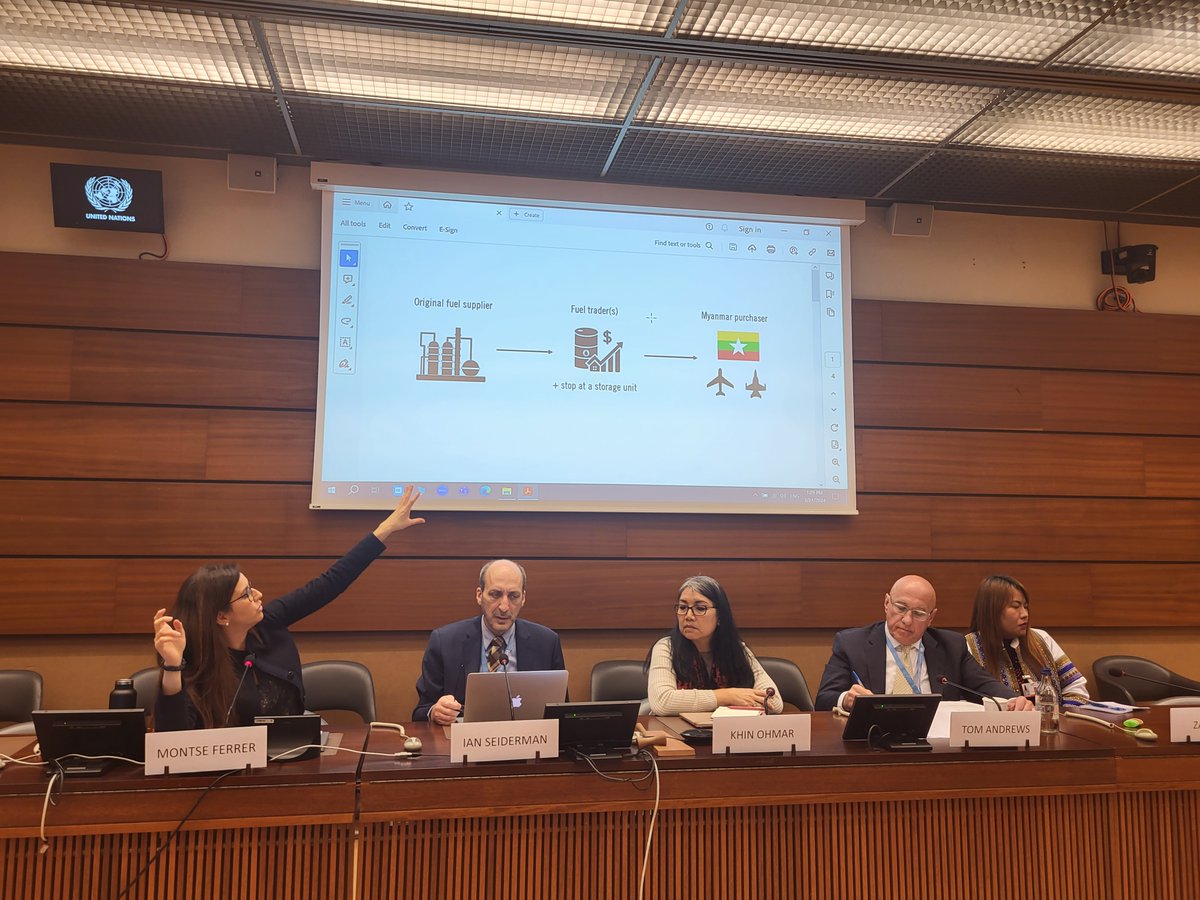
On the 21st of March, the CCPR Centre, together with several other partners, co-sponsored a side event organized by the International Commission of Jurists (ICJ) at the margins of HRC55. The event provided insights into the complex dynamics of Myanmar’s armed conflict, its recent developments and their likely implications to the course of the conflict.
Khin Ohmar, a representative from Myanmar’s civil society organization Progressive Voice and ICJ National Legal Advisor Zar li Aye opened the panel. While describing the dire situation on the ground, characterized by the multiplication of the junta’s indiscriminate attacks on civilians and by its recently announced conscription that has already driven thousands into hiding or into the ranks of the resistance, both speakers highlighted the new wind of hope they see in the increasing mobilization of Myanmar people. Special Rapporteur Tom Andrews also agreed the resistance to military rule in Myanmar has been gaining momentum, saying Myanmar’s situation offers a “ray of hope” for restoring peace and democracy. While welcoming steps by governments to cut weapons and money supplies to the junta, Mr. Andrews stressed once again “greater strategic coordination” among States passing sanctions is needed in order to achieve tangible and lasting results. Explaining how Myanmar has changed its aviation fuel supply chain in the last year in attempts to avoid sanctions, Amnesty International representative Montse Ferrer concluded that “the best way to stop the Myanmar military from carrying out lethal air strikes is to stop all jet fuel imports into the country.”
CCPR Centre at the HRC 55
The Centre submitted a written statement to the HRC 55 highlighting the deteriorating Myanmar situation and the plight of civilians at the hands of the junta - notably continued arbitrary arrest and detention of civilians; torture and ill-treatment; the disregard for fair trial guarantees by junta-controlled courts; and other blatant violations of civil and political rights. It emphasized the need for sustained attention, long-term engagement, and effective action from the international community to address the crisis. The Centre also delivered two oral statements during the HRC 55, one during the ID HC and another during the ID SR. Ahead of the HRC 55, the Centre also published a briefing paper summarising the violation of civil and political rights in Myanmar reported between August and December 2023.
 Credits: Depositphotos
Credits: Depositphotos





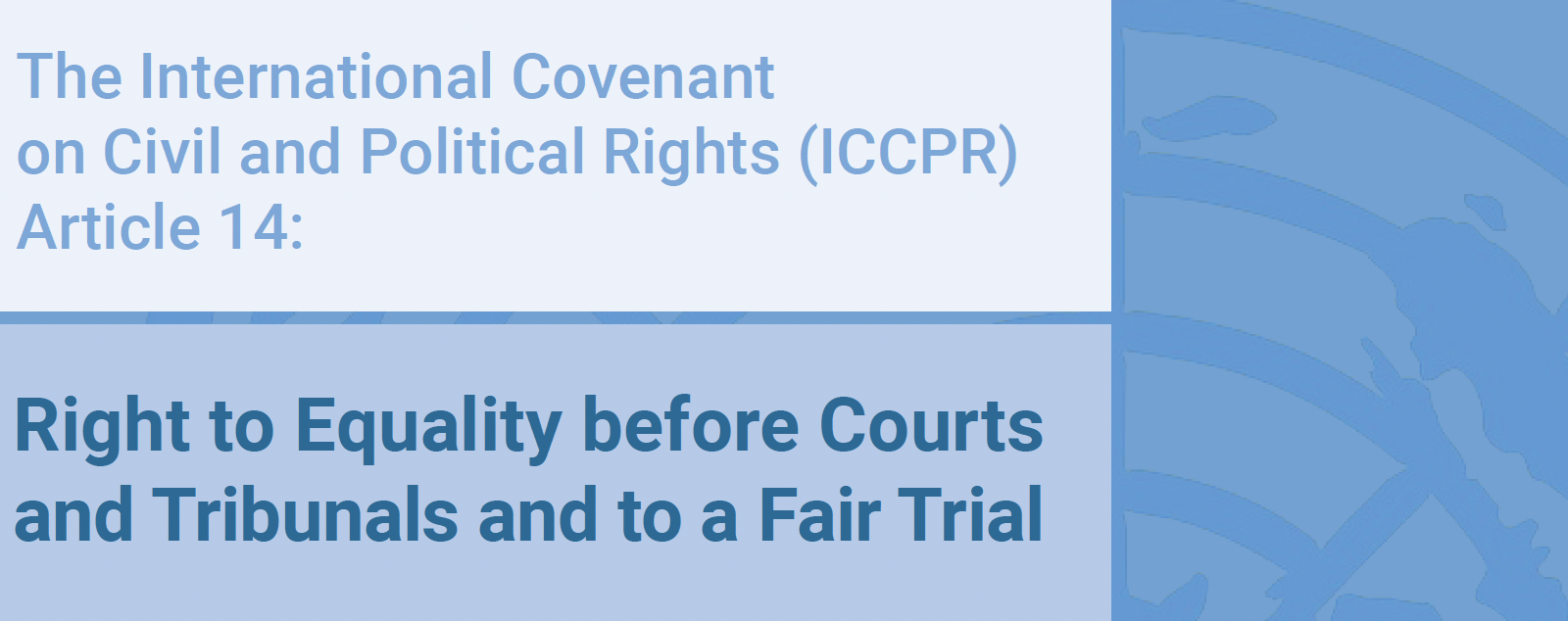
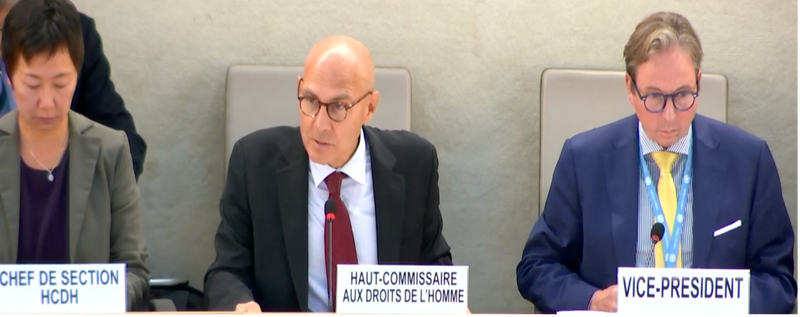
.jpg)
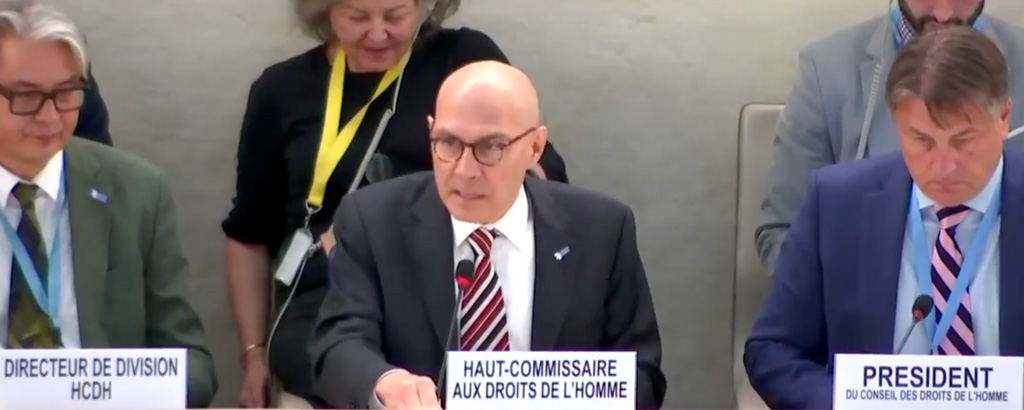
.jpg)
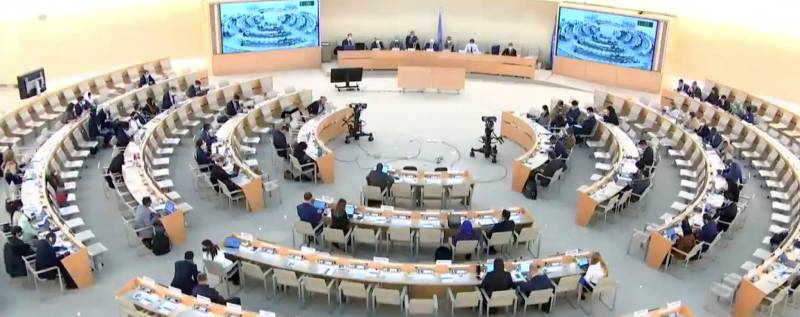
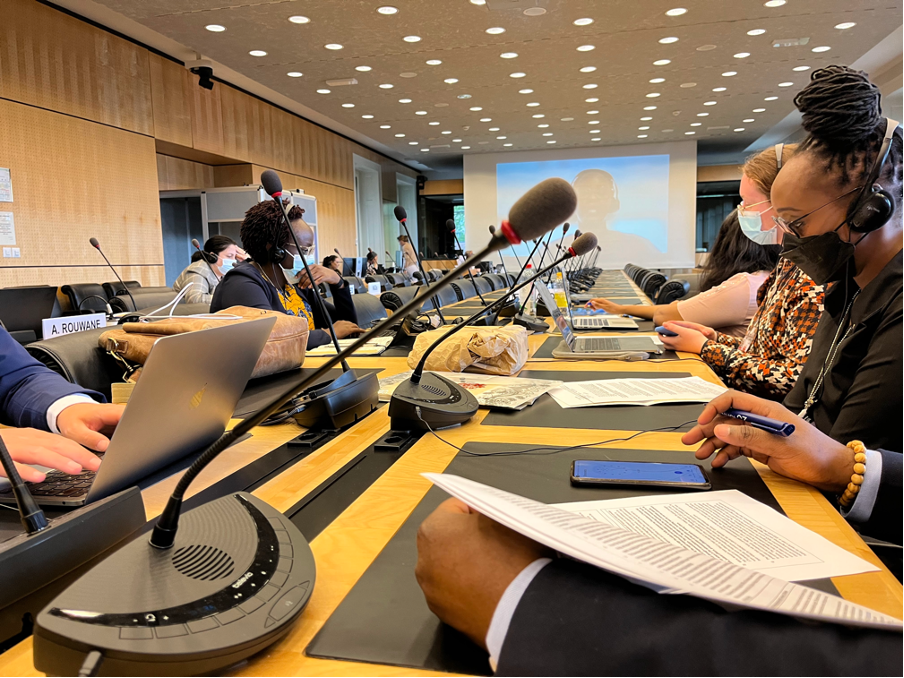
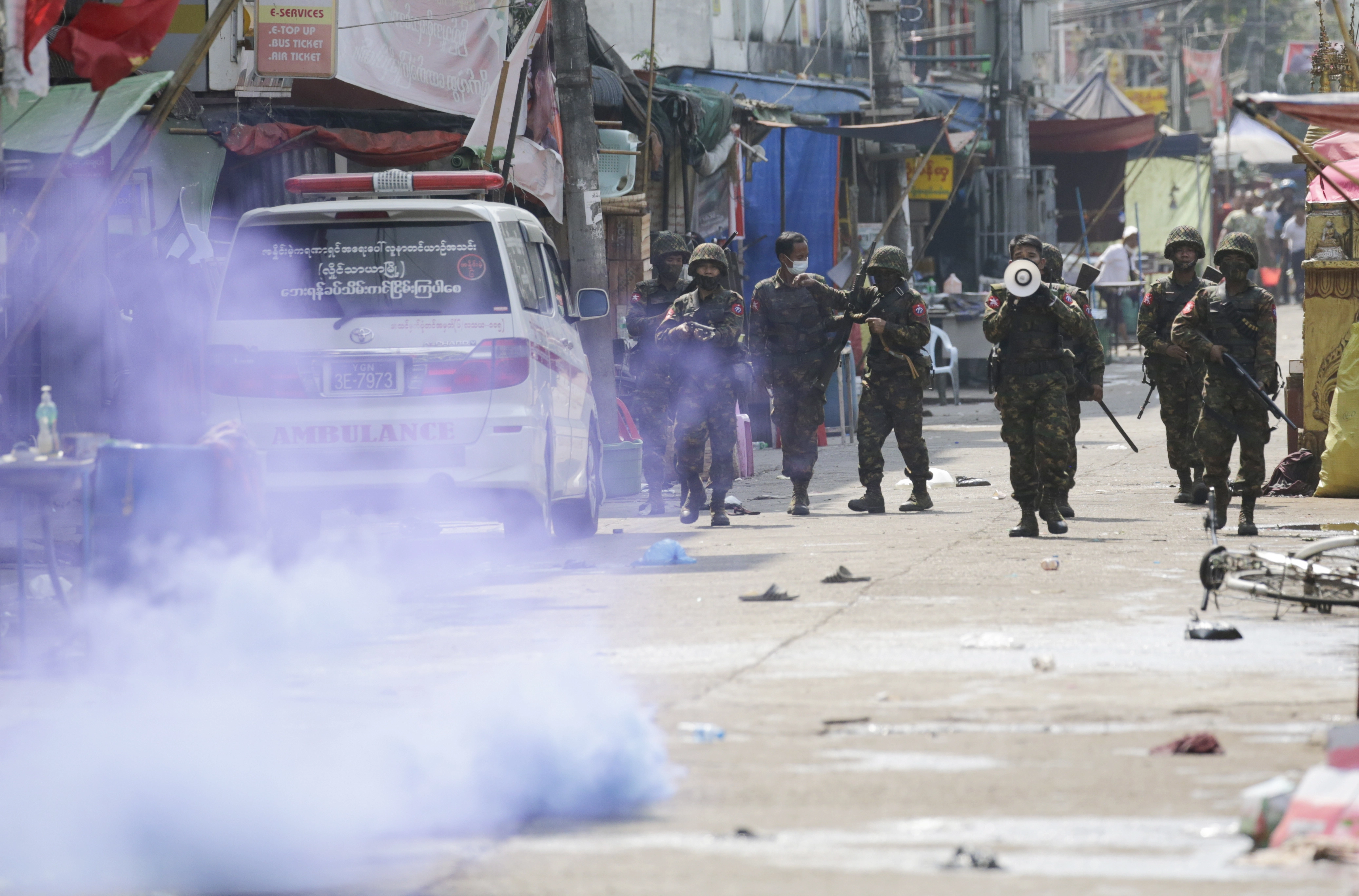
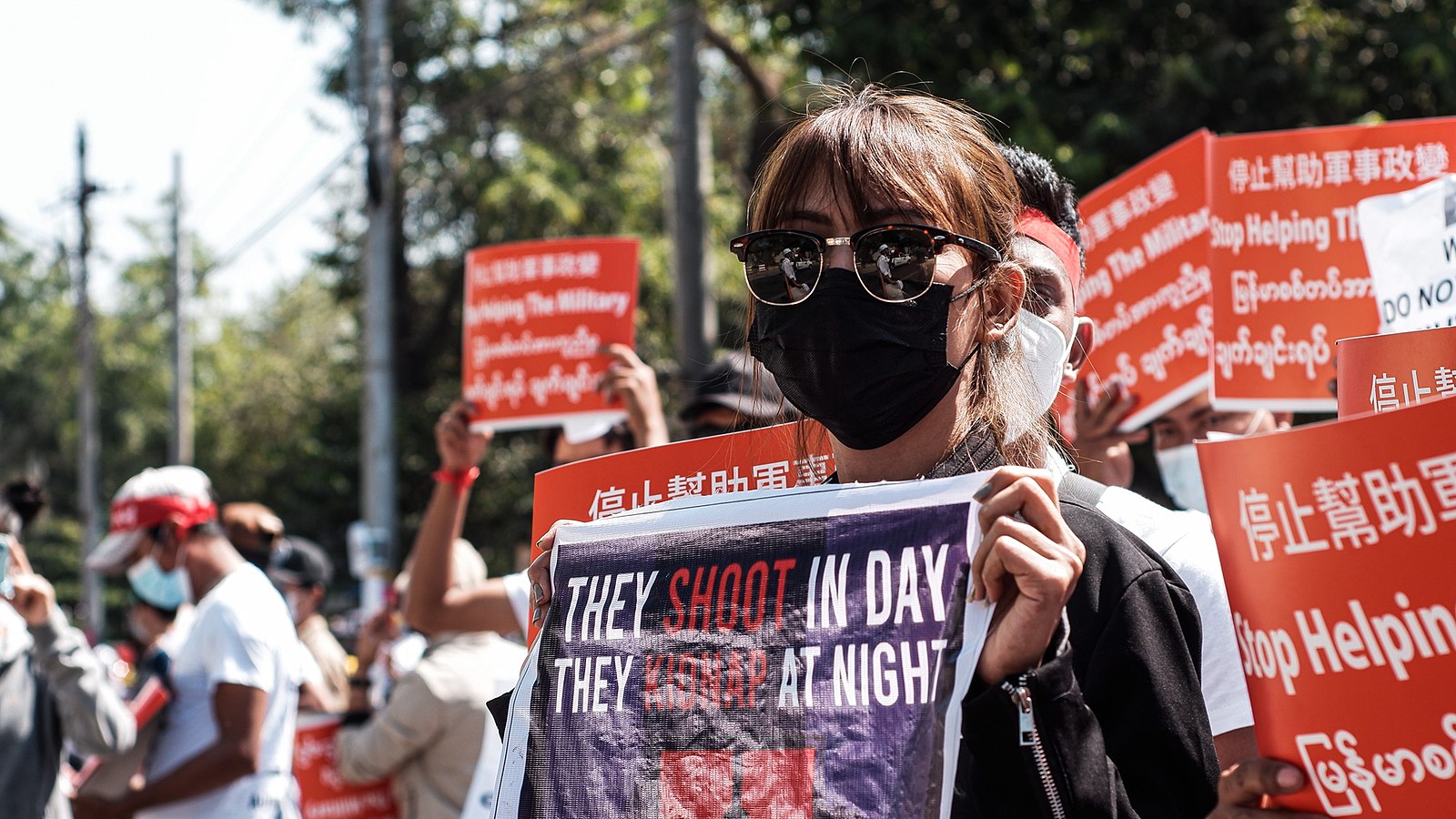
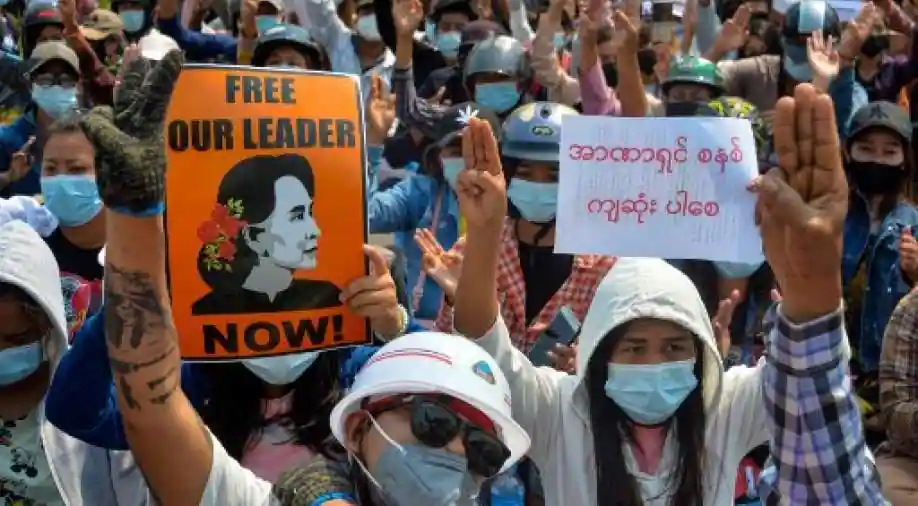
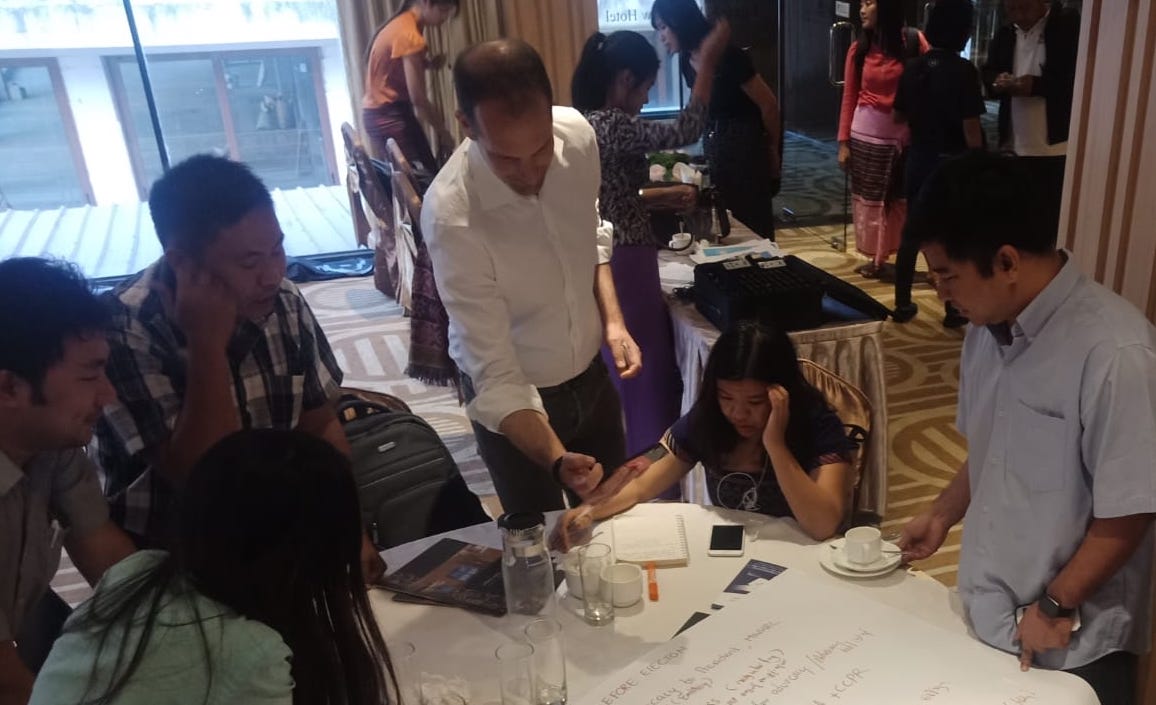
 copy.jpeg)
